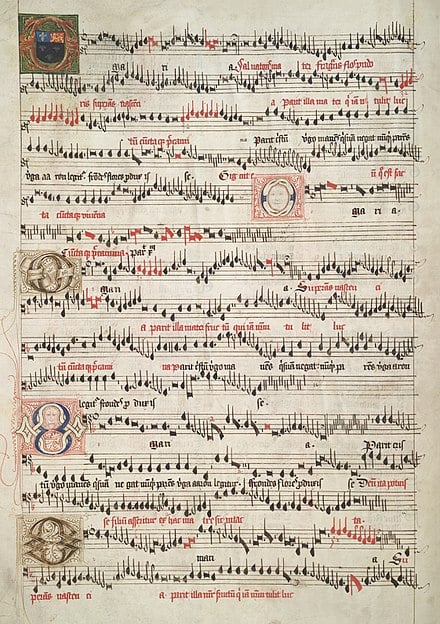Nothing to see here, just a very very small archivist!
He’s looking for gumby and pokey.
kind of image we are getting accustomed to identify as AI
It’s very sad that genuine articles like this will face increased scrutiny going forward.
My first thought was that it looked like something AI would generate, but it’s all too coherent on a closer examination. Distinctly bound pages in the book, shelves that appear to converge to the same vanishing point, consistent scale, etc. Hopefully those things stay reliable identifiers…
Read the article
I did read the article. I don’t doubt that it’s a real photo, we are in a factual history sub after all. I was just trying to say that the surreal nature of the photo makes it look AI generated at first glance, but with closer inspection, it’s clearly not.
Not every photo has an article attached to it detailing it’s authenticity, so it’s important we remain able to pick out AI generated fakes.
You’re not my dad
Read the comment without the chip on your shoulder.
My uni had a shelf of old tomes like this at the far end of every section. I’d bet a lot of libraries in Europe still have a good number of these. They’re especially silly because it can be hard to gauge the scale and see that they’re so huge until you approach the shelf. Took me by surprise every time I walked by.
Serious: is this real? Of what use could such giant books be? Why is their writing so huge? They must have been very impractical to even produce, and then use.
It’s probably real. Big books like that might be land information or birth/death records. Detailed history of some locally relevant things, combined into one binding.
It’s absolutely real, which is kinda the point of the post. My uni had a whole lot of these books for tons of different subjects. The ones I walked around the most were history-focused, with huge maps and elaborate details. I say walked around, because it felt like you were in a small forest since the books are the size of little trees. Maybe that’s why most of the were at the end of sections or in the back corners of the stacks, because they’re so hilariously unwieldy compared to modern books.
Without more research I can only speculate as to why they were made so large, but I’d bet many of them were written prior to the widespread adoption of the printing press, and before paper sizes were standard. And if a book is only going to be used by a few select people, and always in the same building, there’s not much utility in making it portable.
It reminds me of music manuscripts, but there’s not enough detail to know for sure.
And I have no idea why they would be bound like that.


Click the link and read
Link says book’s real…
“The archives are preparing a large spring exhibition of the Czechoslovak state idea at Prague Castle.” … [So, an] archivist at the National Library of the Czech Library in the Clementinum complex was preparing the manuscripts for the exhibition at the Prague Castle.
Made giant to flex at the exhibition?
My goodness, that woman is tiny!
Woman
Thank you. I can’t believe I missed a Little Women joke opportunity.
The writing in that book is huge too.
Those are comically large books!








